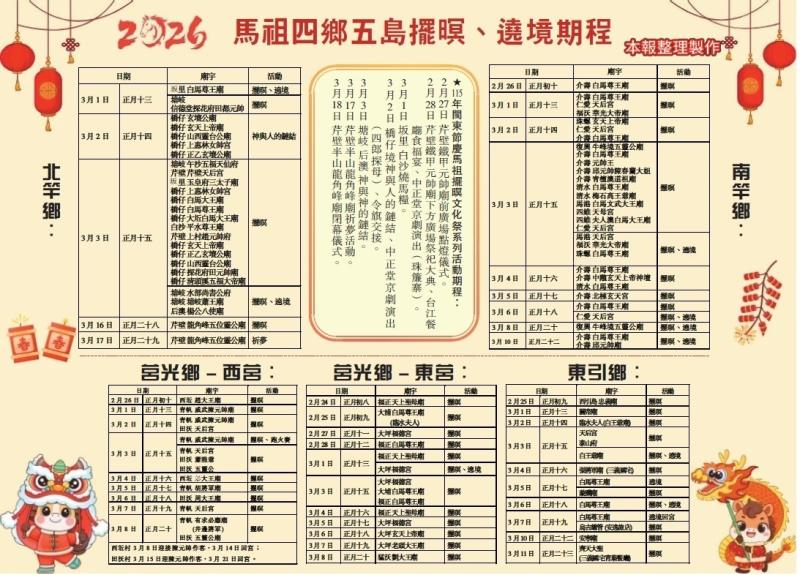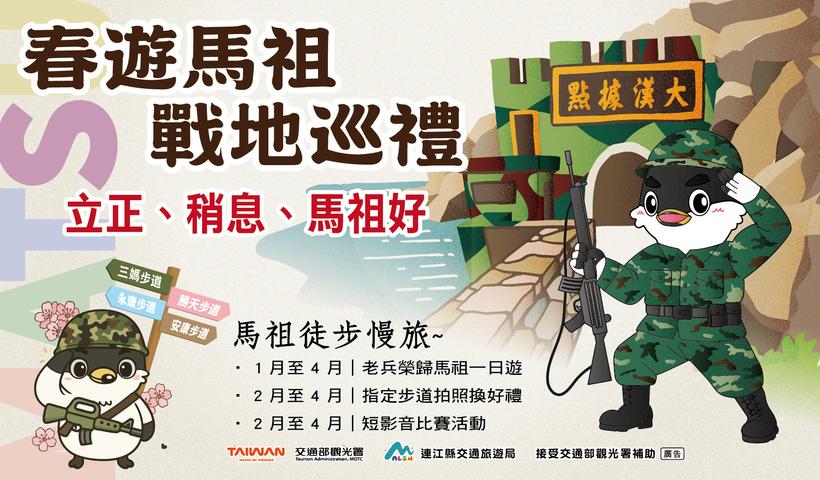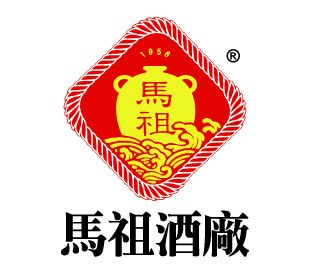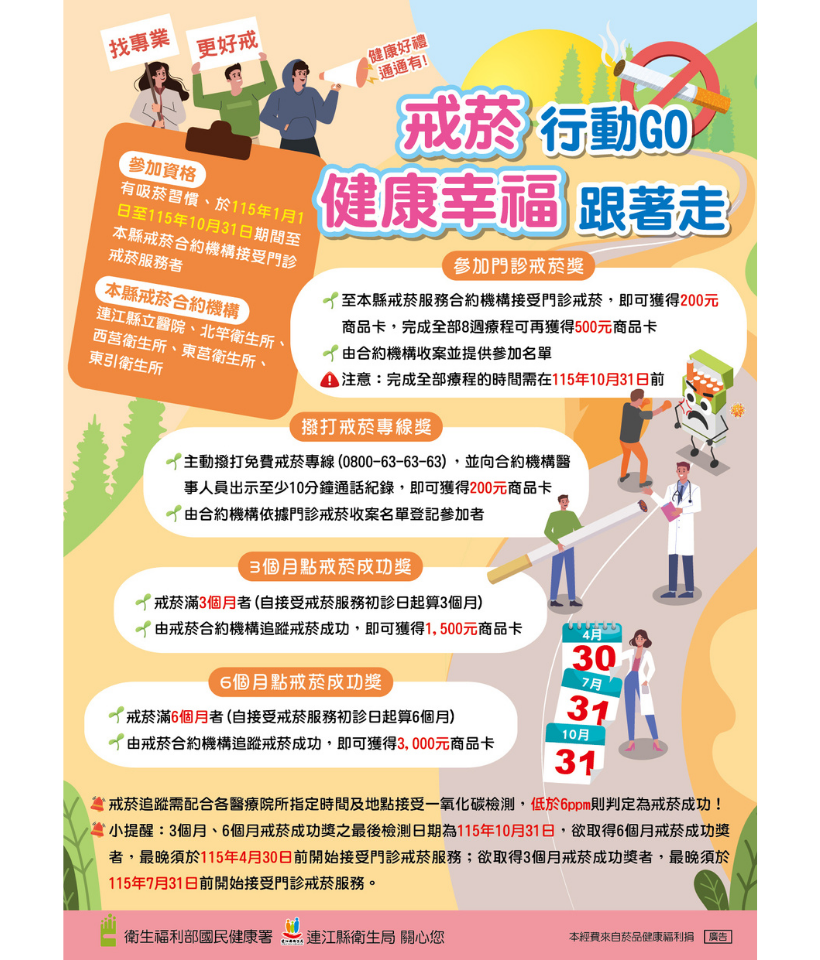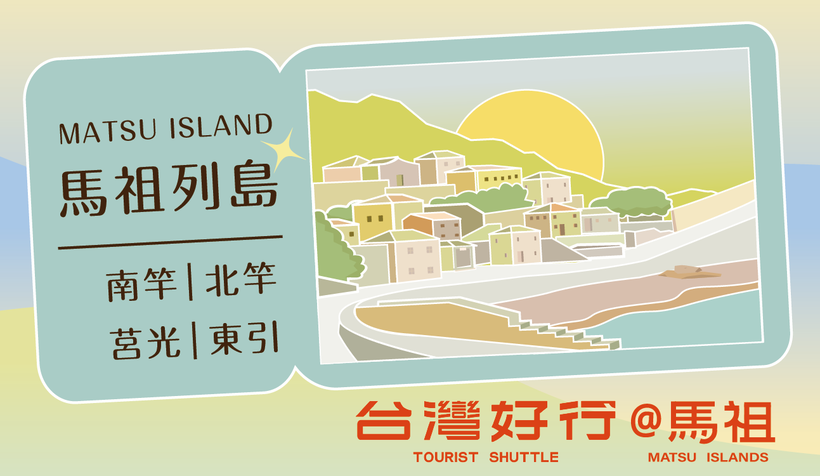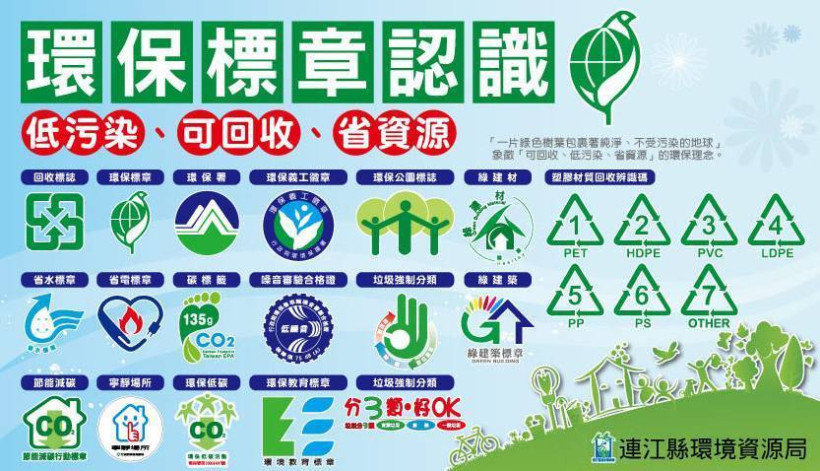發佈日期:2015年7月21日
美聯社和英國電影新聞公司(Movietone)在YouTube的兩個頻道,提供珍藏的55萬個影片檔。英國「衛報」(Guardian)報導,這是至今上傳YouTube的最大量歷史新聞影片。
以下這段影片大約攝於民國89年左右,採訪的對象有北竿漁民謝承和、馬祖海巡隊長胡意剛等。
由於兩岸情勢和緩,軍方已停止「驅離射擊」後,大陸漁船長驅直入,與馬祖漁民進行「小額貿易」,美聯社記者登上漁船,採訪海上交易實況,並採訪馬祖海巡隊長胡意剛,所拍攝的一段影片。
Mandarin/Nat
Taiwan bans any direct commerce, communication, and transportation links with rival China since the two sides split amid civil war in 1949.
But that has not stopped fishermen from the two sides trading.
Taiwan's legislature passed a bill in early March to open up trade between Taiwanese outlying islands and Mainland China.
But the largely symbolic piece of legislation does not automatically open up any part of the outlying islands to mainland ships and aircraft.
The Taiwanese Cabinet believes that if direct links are permitted, they should be allowed for all of Taiwan, not just the outlying islands.
But some officials believe the bill will create holes in the island's defences, and flood Taiwan with defence threats and disease from the outlying island.
If Taiwanese fishermen get caught trading with their mainland Chinese counterparts in the waters separating the two countries, they can be thrown in jail.
This has not stopped the fisherman from continuing their illegal trade.
A largely symbolic bill was passed in Taiwan's legislature in early March to open up trade between Taiwanese outlying islands and Mainland China.
Taiwan's concerns over military defence and Chinese gang activity have stalled the passing of a bill in the Taiwanese Cabinet to create a more direct link between the two countries.
Matsu fisherman have been trading goods with fishermen from a southern Fijian province for years, only a short 20 minute boat ride away.
The fishermen carry out business transactions in the middle of the ocean, using fishing boats as markets.
The Taiwanese government has banned trade with China, leaving it up to the Coast Guard to stop this illegal activity.
Fishermen on each side contact each other by cellphone to arrange what they want and where to meet.
If they manage to escape Taiwan's coast guard, they can fill their empty wooden boats with fresh fruit and vegetables from China and seafood from the south China sea.
This trade means they don't need to wait for food from so far away when they can get everything from China in 20 minutes.
SOUNDBITE: (Mandarin)
"We do trade with Chinese fishermen. We usually sail to the middle of the ocean to buy what we want."
SUPER CAPTION: Hsieh Cheng-ho, Chief of Bai-Sha fishing village.
Hsieh says the Chinese government has allowed its fishermen to trade with Matsu's about for ten years.
It's easy for Chinese fishermen working and trading in this area, because the tensions have settled down and the number of soldiers in Matsu is declining.
SOUNDBITE: (Mandarin)
"It is not so tense between China and Matsu at moment. Taiwan's military doesn't deport Chinese fishermen at gunpoint any more. So, Chinese fishing boats sail very closed to our beach and catch fish in our fishing zone, but we can't control them."
SUPERCAPTION : Hsieh Cheng-ho, Chief of Bai-Sha fishing village
Taiwan government doesn't want the military to be involved in disputes between the two sides and have set up the coastguard to replace military garrisons in some of outlying islands in early this year.
But Chinese fishermen continue to illegally catch fish - bombing the waters so they can net the dead fish that float to the surface.
The average monthly wage of 680 U-S dollars for Matsu residents is only half of an equivalent wage on Taiwan's main island.
This has forced some Matsu fishermen to take up the smuggling of other goods into the island.
SOUNDBITE: (Mandarin)
"Smuggling has happened frequently here, most are goods of dry foods, fruit and fish. But we are very worried about drugs and guns that could be smuggled into Matsu."
SUPERCAPTION : Hu Yi-gun, Bureau chief of Matsu coast guard
You can license this story through AP Archive:
http://www.aparchive.com/metadata/you...
Find out more about AP Archive:
http://www.aparchive.com/HowWeWork
影音/美聯社記者搭乘漁船 出海拍攝馬祖漁民「小額貿易」實況--AP Archive
- 2015-08-05

